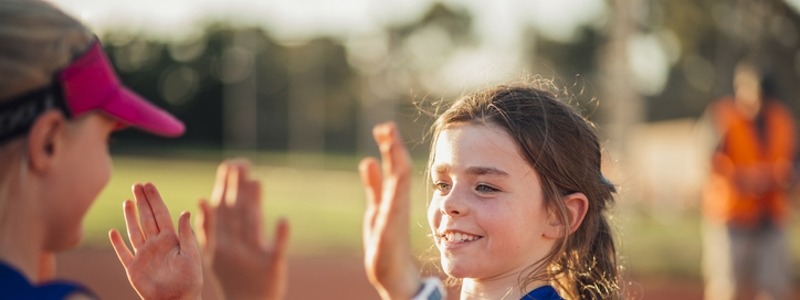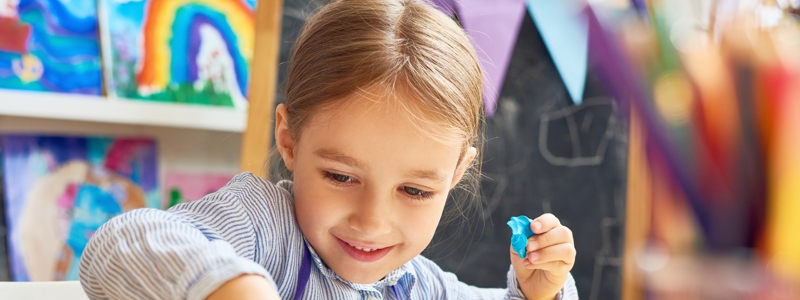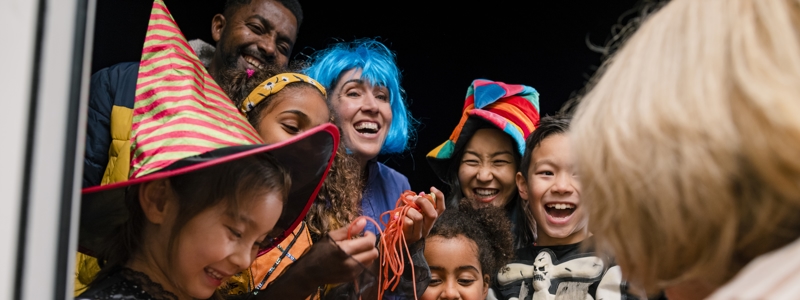Developing positive self-esteem and confidence is important for all kids. In fact, children who feel good about themselves will often have more confidence to try new things, always do their best and are overall more successful at school and in everyday life. By setting your children up to succeed, providing them a generous amount of encouragement, and spending quality time together, you can help them grow up feeling good about themselves and the world around them. Although every child is different, there are a few tips you can follow to help build your kids’ confidence and self-esteem.
What Does Self-Esteem and Confidence Look Like in Kids?
It’s important for parents to be able to recognise what low self-esteem and confidence levels look like compared to kids that do have self-esteem and confidence.
Tips To Help Build Confidence and Self-Esteem
Help Foster a Growth Mindset
When helping your child build their confidence and self-esteem, it’s crucial to start by fostering a growth mindset. Kids with a growth mindset believe their abilities can improve overtime and are able to acknowledge their mistakes as learning opportunities. By helping your child reframe negative thoughts and statements they will soon start to learn that it’s okay to fail and there are solutions to mistakes. These positive shifts in your child’s mindset can help build self-esteem, resilience and confidence in their abilities and themselves. Our helpful blog post, is an excellent resource for ways parents can help foster a growth mindset at home.
Praise Effort and Encourage
Remember to praise and encourage your child regularly, but it’s important to do it wisely. Avoid focusing praise on results only (like getting an A grade) or fixed qualities (such as being athletic). This can sometimes be damaging to confidence levels as kids can start to think they have to perform well to receive praise. Instead, offer your encouragement and recognition for effort, progress, and attitude. For example: “You’re working hard on that project,” “You’re getting better and better at these spelling tests,” or, “I’m proud of you for practicing guitar.” With this kind of praise, children are likely to start putting effort into things, working toward goals, and trying their best. When kids do this, they’re also more likely to become more confident in their abilities and build up their self-esteem levels.
Let Kids Help and Give to Others
Self-esteem grows when kids get to see that what they do matters to others. Kids can help out at home, give to charity, volunteer their time or simply do a favour for a sibling. Helping and kind acts build self-esteem and confidence in abundance!
Be a Role Model
Being a role model for your children is key. After all, you must love yourself before you can teach your child to love themselves. You can model this behaviour by rewarding and praising yourself when you do well. Whether you complete a charity run or get a promotion at work, make sure you celebrate your successes with your children. Talk to your kids about the skills and efforts needed for you to achieve those accomplishments, as well as acknowledging your weaknesses. It’s good for your child to hear you talk about how you value your own strengths and weak spots as this teaches them that no one is perfect.
Encourage Interests
Finally, encourage your children to find new interests, explore, try an extracurricular activity or do something outside of their comfort zone. This not only helps kids discover their strengths but also helps a lot with building confidence, self-esteem and keeps their academic struggles in perspective. Day trips, new hobbies, holidays and trips with family members or even schoolmates can all help expand your child’s horizons and build their ability to handle new situations and be confident in who they are as a person.




